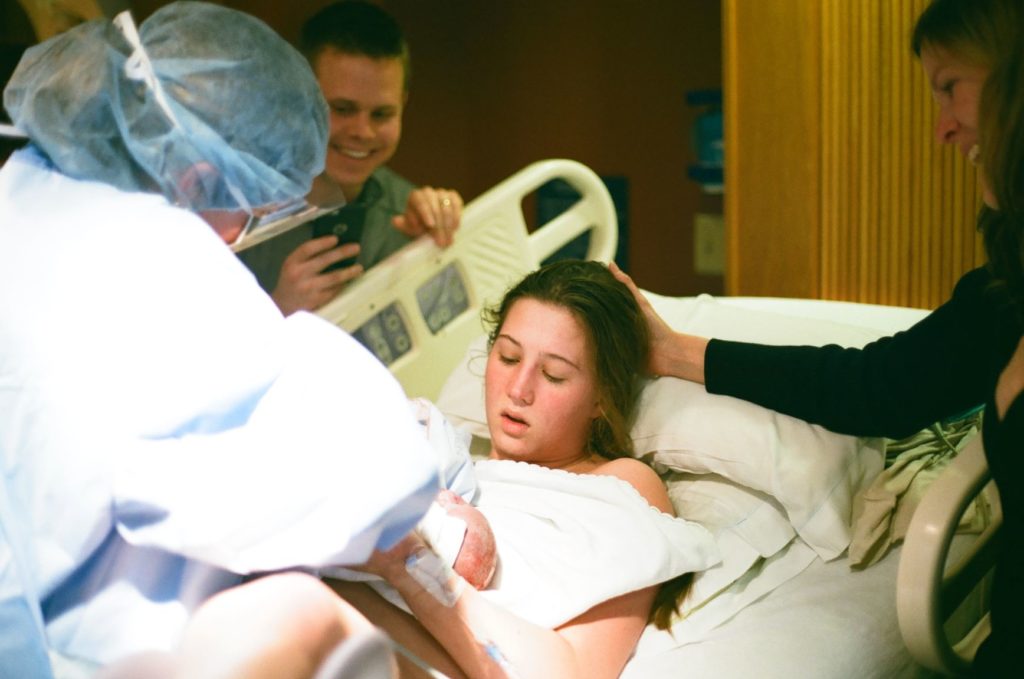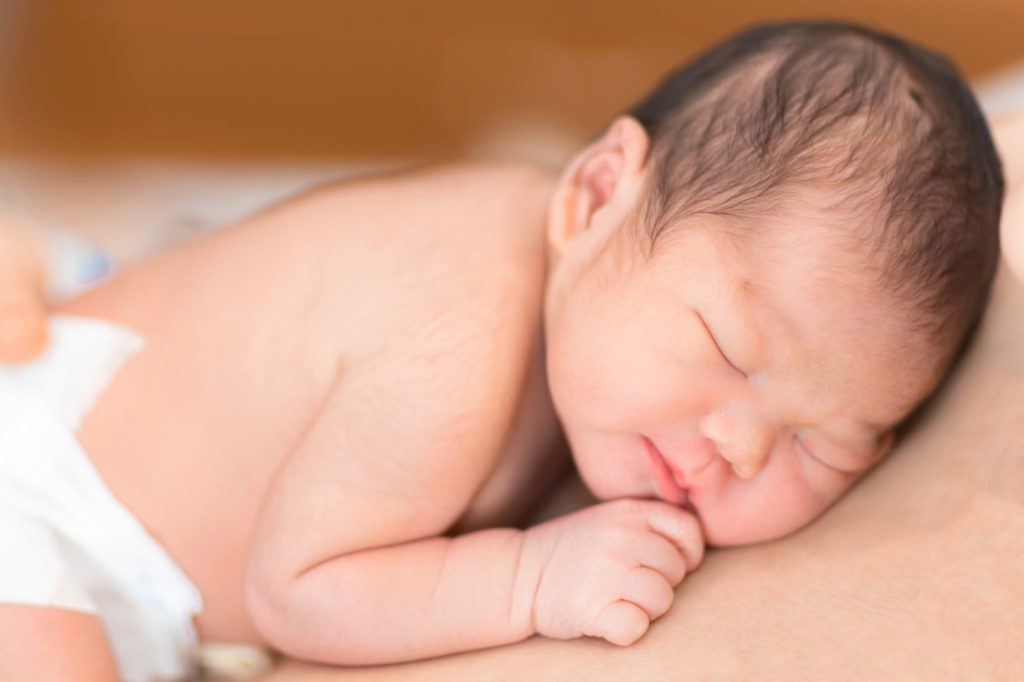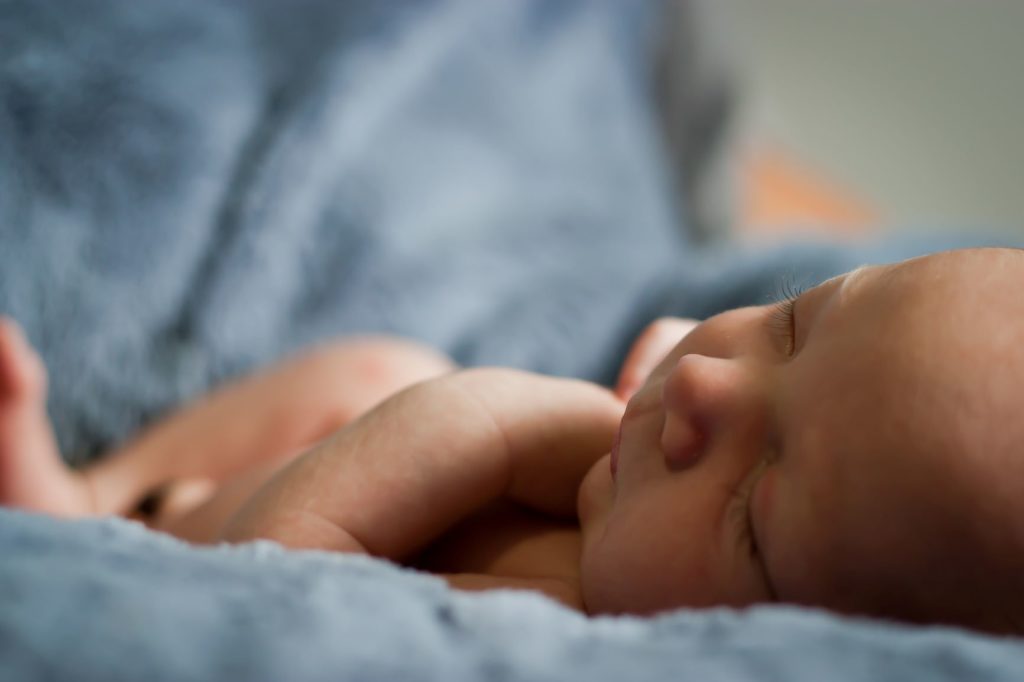
CRITICAL HEALTH & SAFETY DISCLAIMER
mothernity.co.uk is a platform for informational and educational purposes only. This content is based on general research and experienced parent insight and is NOT a substitute for professional medical advice, diagnosis, or treatment. Always seek the advice of your qualified healthcare provider (GP, midwife, or consultant) with any questions you may have regarding a medical condition or before making changes to your health plan or treatments. Never disregard professional medical advice or delay seeking it because of something you have read here.
Every mother worries about what will happen during labour and birth. But it’s crucial to understand what to expect in the 24 hours following a vaginal delivery, including guidance on the physical challenges.
What should I expect in the first 24 hours after birth?
You’ve just experienced one of the most intense moments of your life, and you might have mixed emotions. Many mothers feel immense happiness, yet you might also be exhausted, emotionally drained, or a combination of these feelings.
Bleeding (Lochia)
Bleeding, known as lochia, will commence shortly after giving birth and can persist for 4 to 6 weeks. During the first 24 hours, lochia will be similar to a heavy period, and you might even pass medium-sized clots. Maternity pads are essential during this period, with Lillets’ winged pads being a recommended choice. Disposable underwear can also provide extra comfort.
After-Birth Pains (Afterpains)
After-birth pains, also called after pains, might be experienced within the initial 24 hours. These occur because your uterus is contracting to return to its pre-pregnancy state. The pain can be akin to menstrual cramps, ranging from mild to moderate.
Breast Changes
Your breasts will begin producing colostrum, the first and most nutritious breast milk. This thick, yellowish substance is usually secreted in the first few days after your baby’s birth.
Toileting After Birth
Using the toilet after giving birth can seem daunting, especially if you’ve had a tear or episiotomy. However, there are strategies to improve your experience. Drinking plenty of water can dilute your urine and reduce stinging. Also, consider using Spritz for Bits on your clean pads to alleviate burning sensations and pain from tears, expediting the healing of stitches.
If you had an epidural, you might have a catheter for the initial hours to facilitate urine passage. After this period, passing at least 500ml of urine is essential to ensure proper elimination.
Bladder Control
Bladder control, or the lack thereof, might be noticeable after birth. Your pelvic muscles have undergone significant strain, potentially causing you to push for urination or experience slight leaks while laughing or crying. This is normal, and engaging in pelvic floor exercises will aid in swift improvement.
Constipation
You might also encounter constipation, causing discomfort during straining. Staying well-hydrated and consulting your midwife for assistance, such as a gentle laxative like Lactulose, can alleviate this issue.
Haemorrhoids
Many women develop haemorrhoids (piles) during childbirth, but they typically resolve within a few days or weeks. Avoid pushing or straining and consider using the suggested laxative to ease discomfort.


